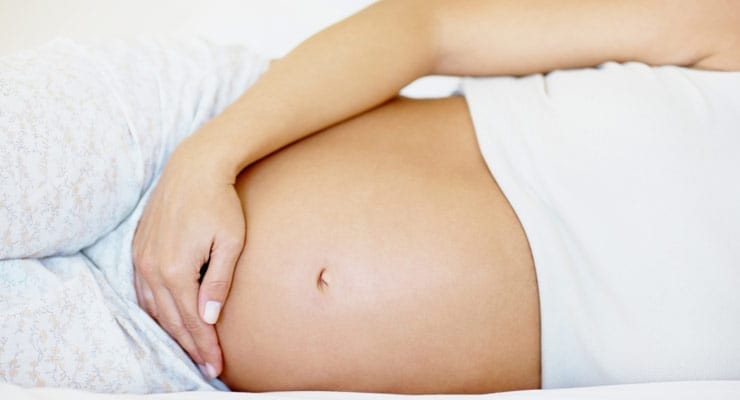Can a women get pregnant if she is not ovulating. Technically, no. According to the U.S. Dept. of Health and Human Services, an egg must be released from a woman’s ovary for pregnancy to occur. This process is called ovulation. During ovulation, a mature egg is released from the ovary and travels down the fallopian tube where it becomes available for fertilization. If ovulation does not occur, there is no natural way for the egg to become fertilized. However, a woman can get pregnant if she is not menstruating and before she knows ovulation has occurred.
Can a women get pregnant if she is not ovulating
In order for natural fertilization to occur, a woman must ovulate and sperm must join with (fertilize) the egg. This fertilized egg implants itself to the inside of the uterus and forms into a zygote and then a fetus (and eventually a baby). The lining of the uterus thickens to prepare for a fertilized egg. If a released egg has not been fertilized, menstruation occurs and the body sheds this thick uterine lining.
Women who are breastfeeding usually don’t ovulate for a few months—or years—postpartum. Think of this as nature’s way of child spacing.
Time Frame
A typical cycle lasts 28 days, but very few women have typical menstruation cycles. Day 1 is the first day of menstruation. On a 28-day cycle, ovulation typically occurs between days 11 and 21, or 14 days before the start of the next period. The egg is available for fertilization for only 12 to 24 hours, though sperm can live in the body for 3 to 5 days, making a woman’s fertile period last about a week.
Misconceptions
Many women assume that if they’re not getting their period they can’t get pregnant. For instance, many women view breastfeeding as a method of birth control and think they can’t conceive as long as they’re nursing and aren’t menstruating. This isn’t completely true. Women may ovulate at any time and only realize they’ve ovulated once they get their period—or don’t get their period and find out they’re pregnant. There is no telling when ovulation will start up again. Some nursing moms become fertile 3 months after giving birth and others not for a year or more.
Identification
If a woman pays close attention to her body, she can determine when she’s ovulating. Unless a woman is really familiar with her body and her menstrual cycle, this can be risky and can result in pregnancy. Ovulation is determined by tracking the calendar and noticing changes in basal body temperature and changes in cervical mucus.
Considerations
A woman doesn’t need to ovulate at the time of intercourse to become pregnant. Since sperm can live in a woman’s body for 3 to 5 days, a woman who has intercourse a few days before she ovulates can still get pregnant. The living sperm will fertilize the egg when it is released, resulting in pregnancy. This is why a woman is considered fertile for a week, even though the egg is released for only a short amount of time.
Ovulation and Pregnancy:






